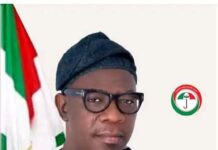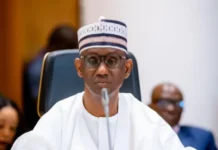
It is an established fact that money politics is a global phenomenon, the way it is trending in Nigeria’s electoral system is so disturbing. Buying and selling of votes has become an accepted culture in Nigeria’s political arrangement and which threatens her readiness to embrace democratic virtues. Vying for political posts is left for rich individuals due to the huge amount of money involved in preparation for elective offices. Even though the electoral act regulates political finance, its application is not obtainable.
The electoral body that is responsible for monitoring and regulating expenses of candidates has not been vibrant in such obligation. Women and youths are the most vulnerable in this situation because of their little or lack of access to wealth.
The industrialization of politics in Nigeria has enhanced the investors that is the (politicians) to pursue selfish monetary benefits and also, politicking has become a marketing avenue where the highest bidders determine, dictate and control the socio – economic and political affairs of the country. It has become a game of the rich maneuvering the electoral behaviour of the poor. It has now become a perception in Nigeria that high level of money circulation is usually witnessed during election.
The general perception of the voters that political office holders are corrupt is now an excuse for accepting money as voting criteria and those funds realized before election is what they can benefit from the politicians.
The question is Can we not move from politics of money and materialism to politics of ideas, issues and development? Election finance is another area that deserves proper regulation. The outrageous spending on election during campaign and mobilization of supporters by majority of the contestants need to be regulated.
Maryam writes from Maiduguri







































